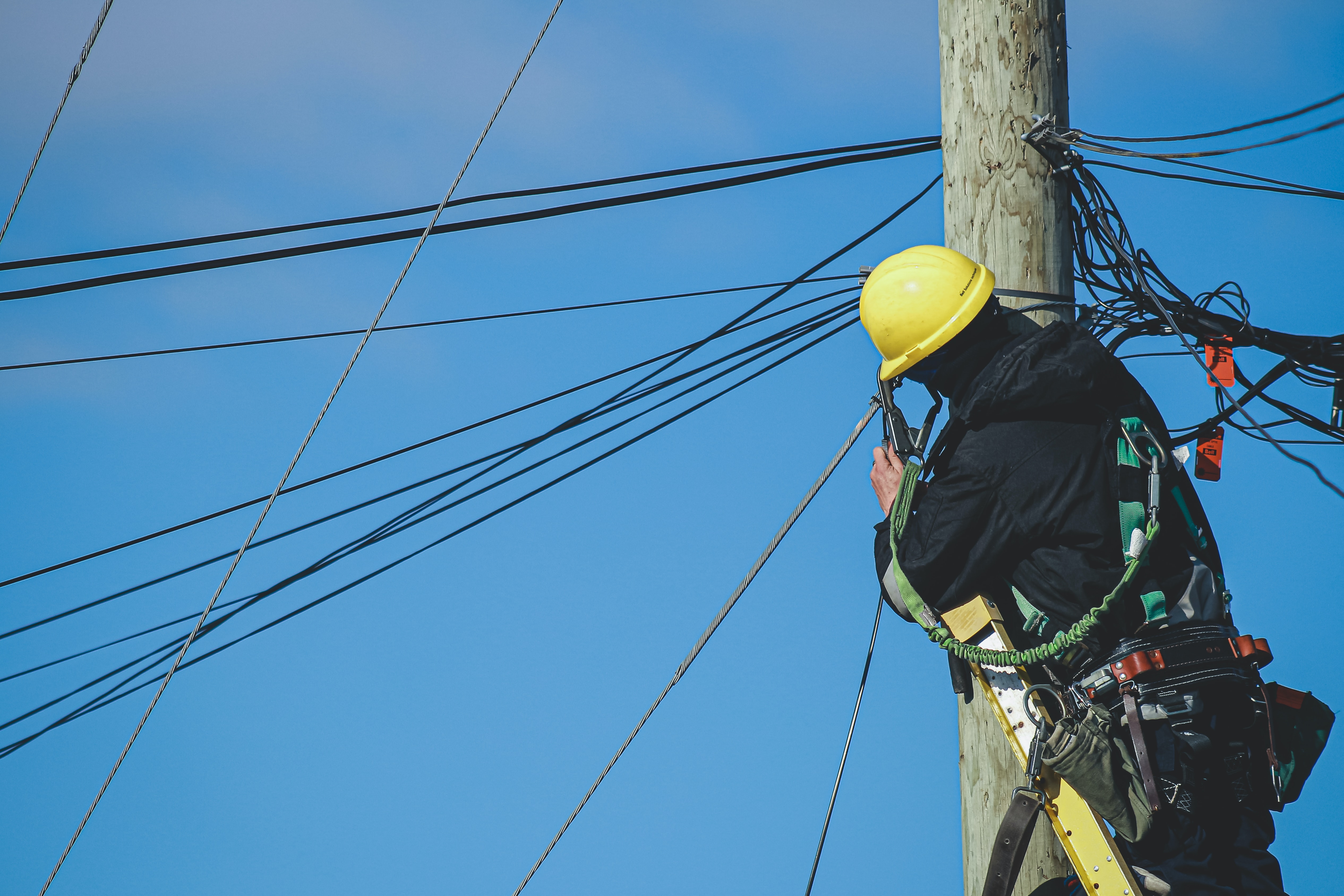Real Estate Tips
Researching Utility Costs for Informed Financial Planning
When considering a move to a new area, researching typical utility costs is a crucial step in creating a comprehensive budget. Understanding the average expenses for utilities allows for informed financial planning, ensuring that you can comfortably manage your monthly expenditures. Here's a guide on how to research and factor in typical utility costs for your desired area.
1. Contact Local Utility Providers:
Utility Companies: Reach out to local utility companies that provide services such as electricity, water, gas, and trash removal. Obtain information on their rate structures and any additional fees.
2. Average Consumption Patterns:
Consumer Insights: Investigate typical consumption patterns for utilities in the area. This includes average electricity usage, water consumption, and heating costs. Local utility providers may provide data or insights on average consumption.
3. Online Cost Calculators:
Utility Cost Calculators: Utilize online tools and calculators that estimate utility costs based on your specific location and household size. These tools can provide rough estimates to help you gauge potential expenses.
4. Ask Locals or Neighbors:
Community Insights: If possible, inquire with locals or neighbors about their average monthly utility costs. Their experiences can offer practical insights into what you might expect in terms of utility expenses.
5. Consider Climate and Seasonal Variations:
Weather Impact: Take into account the local climate and any seasonal variations. Extreme temperatures or specific weather conditions can influence heating, cooling, and water usage patterns, impacting utility costs.
6. Evaluate Energy-Efficient Options:
Energy-Efficient Appliances: Consider the energy efficiency of appliances in your potential new home. Energy-efficient appliances and features can contribute to lower utility costs over time.
7. Check for Utility Conservation Programs:
Conservation Initiatives: Inquire about utility conservation programs or initiatives in the area. Some regions offer programs that encourage energy and water conservation, potentially reducing utility costs.
8. Understand Billing Cycles:
Billing Periods: Familiarize yourself with local billing cycles for utilities. Some areas have monthly billing, while others may have bi-monthly or quarterly cycles. Understanding billing periods is crucial for accurate budgeting.
9. Explore Alternative Energy Sources:
Renewable Energy Options: Investigate the availability of renewable energy sources in the area, such as solar or wind power. Utilizing alternative energy sources may impact your utility costs.
10. Check Historical Utility Bills:
Previous Bills: If possible, request historical utility bills from the current property owner or tenants. Analyzing past bills can provide specific insights into what to expect based on the property's usage.
11. Factor in Additional Fees:
Service Fees: Inquire about any additional fees associated with utility services. This may include connection fees, service charges, or fees for exceeding certain usage thresholds.
12. Local Government Resources:
Government Publications: Check local government resources or publications that may provide information on average utility costs in the area. Some municipalities offer guides or reports on living expenses.
13. Budget for Unforeseen Circumstances:
Contingency Planning: Include a contingency in your budget for unforeseen circumstances. Sudden changes in utility rates or unexpected increases in consumption should be accounted for in your financial planning.
14. Compare Utility Providers:
Provider Options: Compare different utility providers in the area. Some regions may have multiple options for electricity or gas providers, allowing you to choose based on rates and service quality.
15. Plan for Home Maintenance:
Appliance Maintenance: Regular maintenance of appliances and systems, such as HVAC units, can contribute to energy efficiency and potentially lower utility costs. Factor in maintenance expenses in your budget.
16. Community Feedback:
Online Reviews: Explore online reviews or community forums for feedback on local utility providers. Insights from current residents can provide valuable perspectives on service reliability and customer satisfaction.
17. Consult with Real Estate Professionals:
Real Estate Agents: Consult with local real estate professionals, such as agents or property managers. They may have insights into typical utility costs for properties in the area.
18. Update Budget Periodically:
Regular Reviews: Periodically review and update your budget based on actual utility costs once you've settled in. This allows for ongoing financial management and adjustments as needed.
Researching typical utility costs empowers you to create a realistic budget that reflects the financial responsibilities associated with your potential new home. By considering local rates, consumption patterns, and potential conservation measures, you can plan for utility expenses effectively and ensure that your budget aligns with the actual costs you may incur in your desired area.




